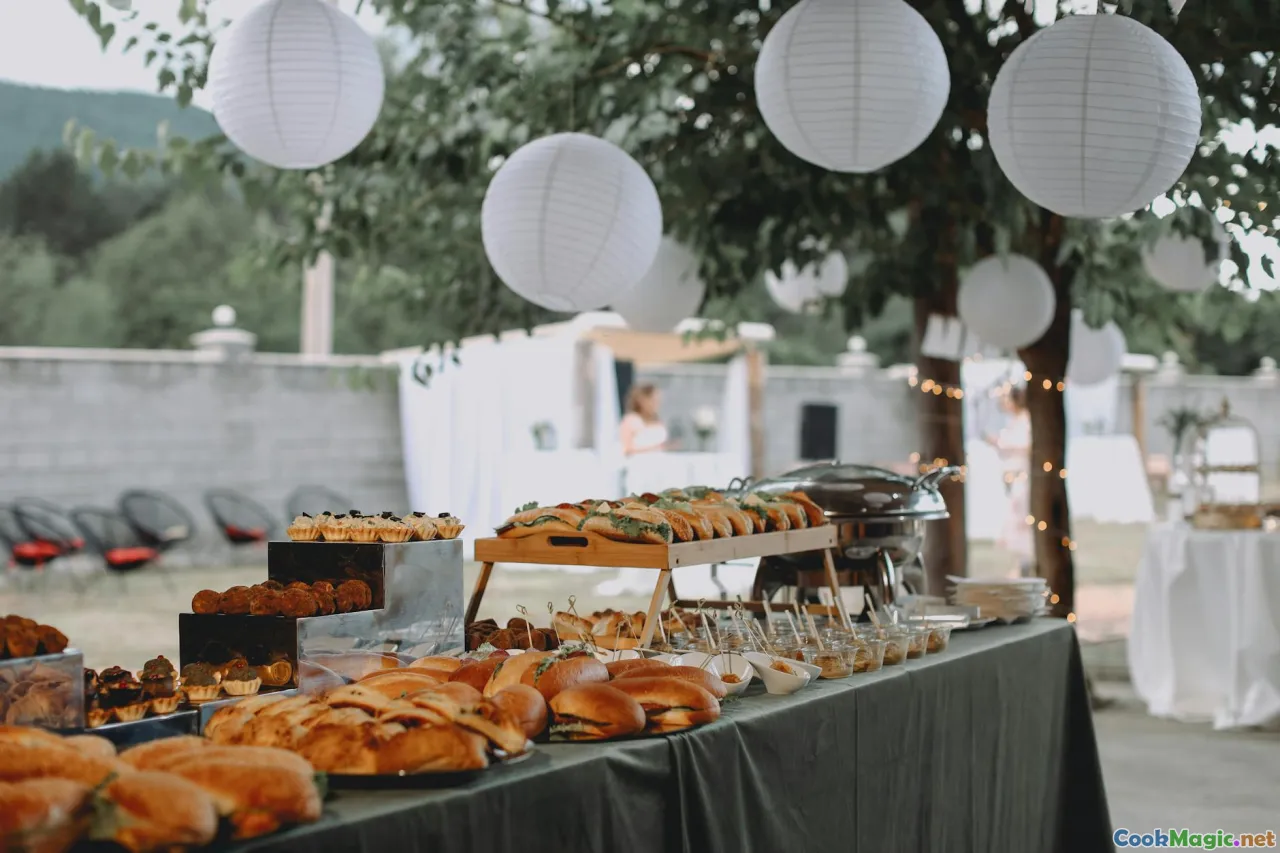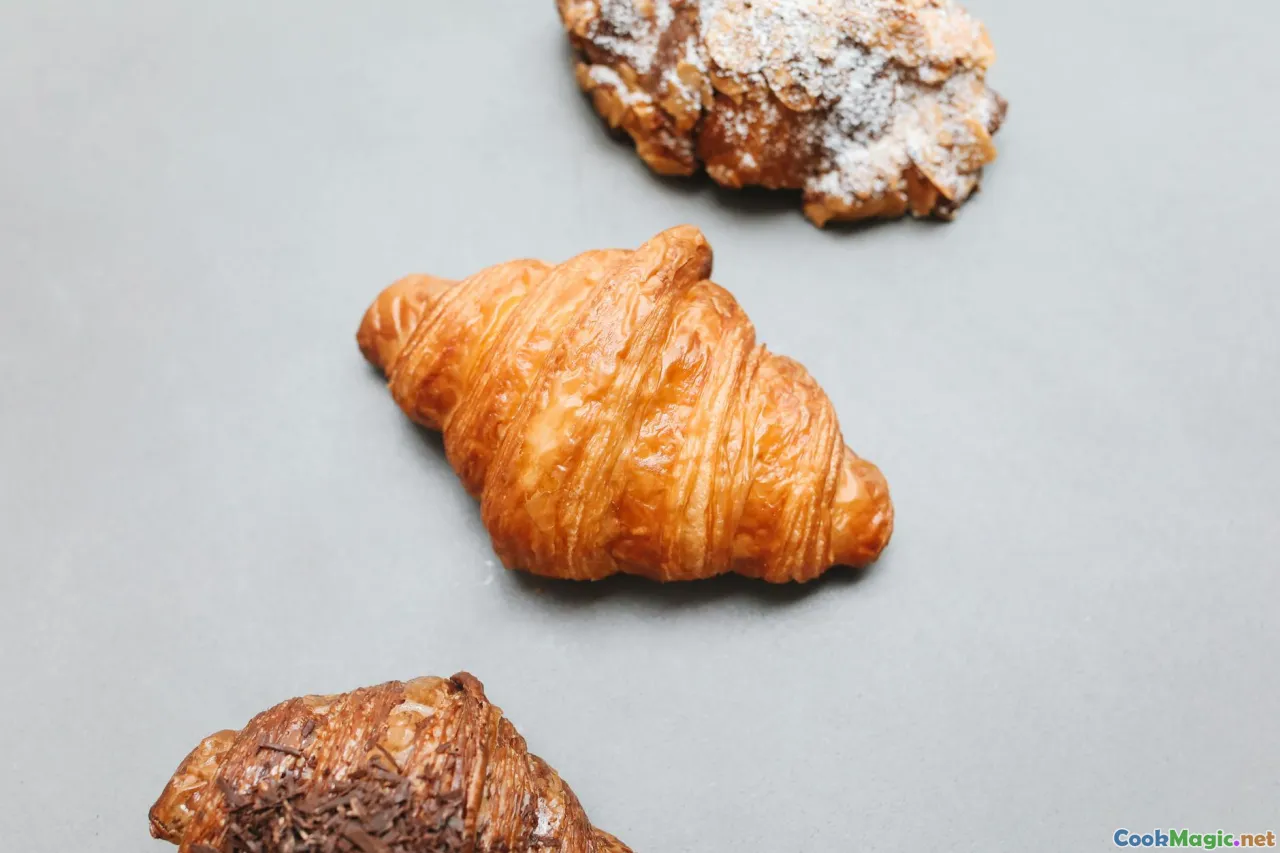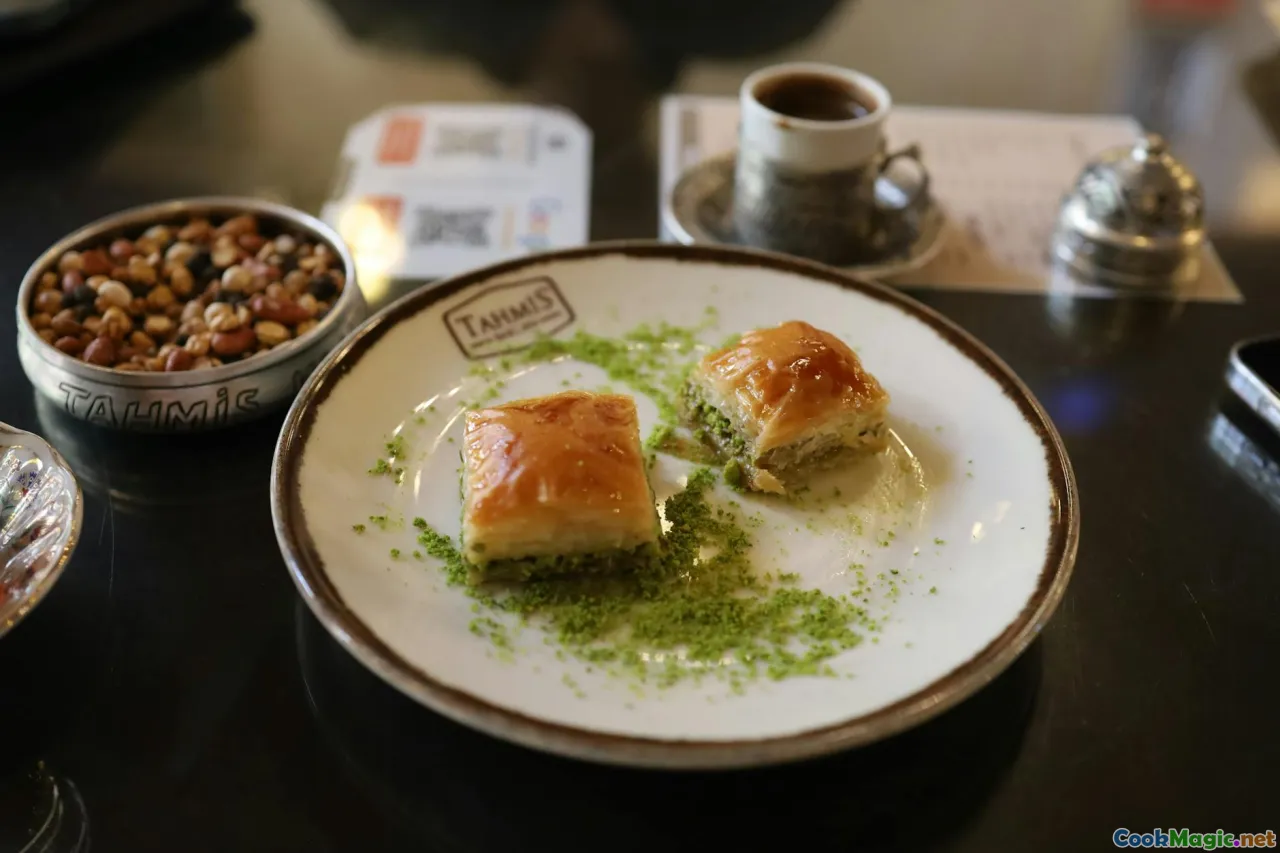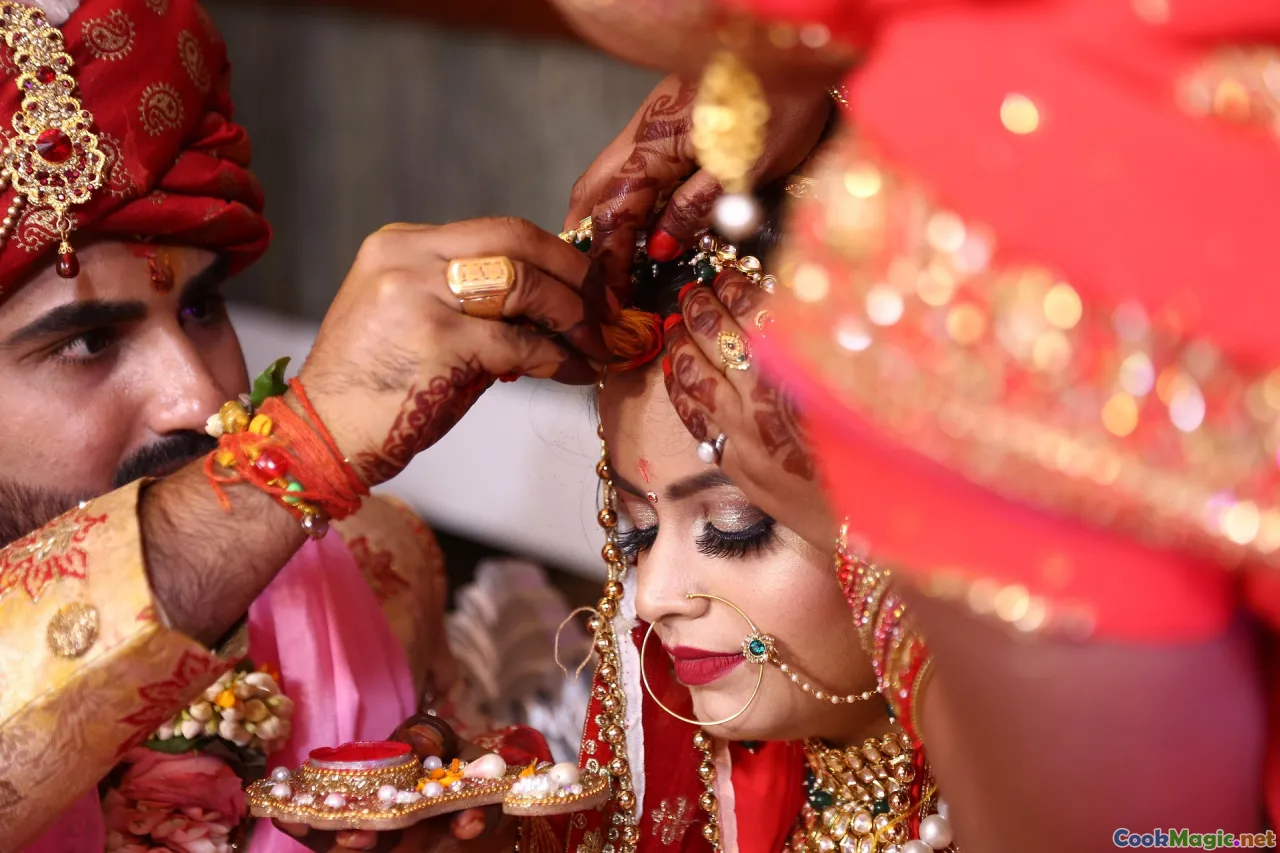Breaking Down the Bosnian Wedding Feast Menu
10 min read An in-depth look at the flavors and dishes that define the Bosnian wedding feast, showcasing rich culinary traditions and cultural significance. July 17, 2025 06:05
Breaking Down the Bosnian Wedding Feast Menu
Bosnian weddings are more than just joyous unions; they are vibrant celebrations deeply rooted in centuries-old traditions that—including their delectably elaborate feast—highlight the country's rich cultural tapestry. These festive gatherings are a sensory voyage, where the aroma of seasoned meats, the sight of colorful dishes, and the camaraderie shared across generations come together in a harmonious blend. If you've ever had the pleasure of attending or simply dreaming of a Bosnian wedding feast, you'll know it’s an immersion into both history and heart. Let's peel back the layers of this culinary treasure trove, exploring each dish and its story, ingredient by ingredient.
The Heart of the Wedding Table: Kulen and Traditional Appetizers

A Bosnian wedding feast often kicks off with an array of cold appetizers that set the tone for the hearty meal ahead. Among these, kulen, a spicy, handcrafted sausage made from finely minced pork mixed with red pepper and garlic, captures attention with its fiery aroma and robust punch. Its fiery red hue and textured casing promise a bold taste experience—savor it with crispy bread or fresh, homemade kajmak (a creamy dairy spread).
Coupled with kulen are other Zakuski-style dishes—little bites of cured hams, cheeses like sir (hard Balkan cheese), and marinated vegetables such as pickled peppers and cucumbers. Freshness and smokiness, combined with piquant spices, make these starters a delightful opening act.
The Main Dishes: Heritage on the Plate

Čevapi – The Village Street Food Elevated
Nothing embodies Bosnian grilling quite like čevapi— small, oblong minced beef or lamb sausages, juicy and bursting with savory flavors. These grilled morsels are served with somun bread—a soft, fluffy flatbread with a slightly crispy crust—and a side ofajvar, a vibrant red pepper and eggplant relish that adds smoky sweetness. Each bite offers a perfect contrast of tenderness and crispness, enriched with the roasted aroma of the barbeque.
Begova Čorba – A Harvest of Flavors in Soup Form
A true gem from the Ottoman influence, Begova Čorba is a hearty, aromatic stew crafted with tender pieces of chicken, potatoes, carrots, and a blend of spices simmered to perfection with rice or vermicelli. Its broth is rich, slightly piquant, with aromatic herbs—including bay leaf and dried mint—that leave a comforting warmth akin to a culinary embrace.
Blagaj Fish or Lamb – Celebratory Mainstays
Depending on the region and season, a Bosnian wedding menu may feature vrhunski lambsoaked in traditional marination and slow-roasted until tenderness orriba (fish), especially in southeastern areas near the Neretva River. These dishes are often decorated with locally sourced herbs, served with aromatic saffron-infused rice or potatoes, and accompanied by a gentle drizzle of olive oil—all heightening the sensory depth of the main course.
The Classical Bosnian Pastries and Breads

The realm of Bosnian baked goods is a story of intricate craftsmanship and centuries-old recipes. Central to the wedding table—burekandpita variants—offer flaky, savory decadence.
Burek with Meat and Cheese
Burek, made from rolled phyllo (yufka) layered with a filling of ground beef, lamb, or spinach and cheese, embodies flaky elegance. Every bite cracks under the teeth, revealing a stew of spiced meat or melted cheese, fragrant with herbs and baked until golden. The aroma alone—hot, buttery, and mildly savory—is enough to draw even non-meat eaters into rapturous delight.
Cevapi in Somun and Other Breads
The soft, freshly baked somun (flatbread) forms the perfect vessel for cevapi, but it is also served alongside other flatbreads, often varying regionally with added herbs or spices—each with its own unique charm.
Sweets and Beverages: The Sweet Endings and Toasts

Kvasac and Sekulici
Bosnian wedding receptions conclude with an array of sweet treats—baklava, with its crispy layers soaked in honey and filled with chopped nuts, and tufahija, poached apples stuffed with walnuts and topped with cream. These desserts provide a honeyed, nutty, and fruity crescendo, echoing the celebration's joyful spirit.
Bosnian Cofee and Herbal Infusions
No festive moment is complete without a good cup of Bosanska kahva(Turkish-style coffee)—thick, aromatic, served accompanied by a sweet cube ofrahat lokum (Turkish delight). Herbal infusions, like sage or mint teas, are served to cleanse the palate and bring a soothing end to rich meal portions.
Traditional Drinks
Wine from Herzegovina and mineral-rich mineral waters often feature at Bosnian wedding festivities, complemented by rakija—fruit brandy distilled from cherries or grapes. The moment of toasting, often with raki or local wine, is steeped in tradition and carries heartfelt wishes for prosperity and happiness.
Celebratory Traditions Tied to the Menu

Beyond the dishes, the entire banquet is woven into traditions—each plate, each toast, and each dance reflecting union and continuity. The sharing of begova čorbaand the passing around ofbureksymbolize community and abundance. Likewise, the act of raising a cup, many times withrakija, encapsulates shared blessings.
In many Bosnian households, a prominent tradition involves a mevlud (religious prayer) for invoking divine blessing before the feast, signifying respect for heritage and spirituality. The menu is not merely about nourishment but about communal identity—each dish an embroidered thread in the fabric of a celebration that lasts well into the night.
Final Reflections: The Empathy of Flavors
A Bosnian wedding feast isn’t just a sampler of ingredients; it’s an expression of history, resilience, and unity expressed through flavors. The dishes speak of the land—rich and fertile—and of centuries of interaction with neighboring civilizations. They evoke stories of family, faith, and shared joys.
Attending or recreating such a feast offers an immersion into Bosnian soul—where every bite carries decades of tradition, whispered memories, and heartfelt hospitality. Whether you’ve savored the smoky notes of kulen, the tender succulence of čevapi, or the layers of flaky pita—know that these flavors are more than culinary—they are cultural stories served on a plate.
Let your culinary explorations be guided by the warmth and depth of Bosnian wedding traditions, and may your kitchen someday echo with the same lively, heartfelt spirit that defines this remarkable cuisine.









